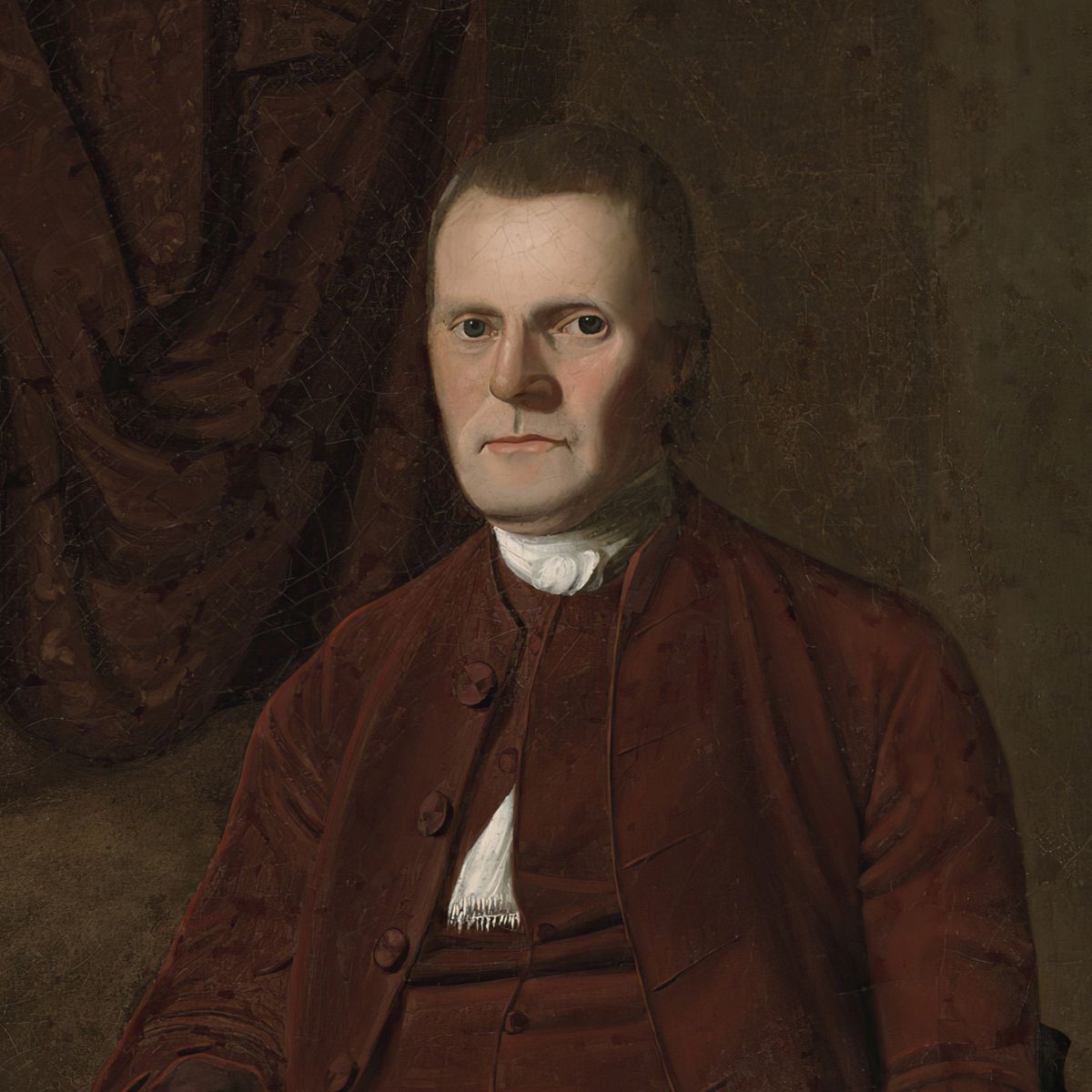You are viewing the article Roger Sherman at Tnhelearning.edu.vn you can quickly access the necessary information in the table of contents of the article below.

(1721-1793)
Who Was Roger Sherman?
American Founding Father Roger Sherman studied law, became a judge and then began a long career in government. Among many political posts, he served in Connecticut’s general assembly and the Continental Congress. He proposed the Great Compromise, which called for a two-part legislature, with one part having representation based on its population. Sherman signed the Continental Association, the Declaration of Independence, the Articles of Confederation, and the U.S. Constitution. He was later elected to the U.S. House of Representatives and Senate. Sherman also served as the mayor of New Haven.
Early Life
Roger Sherman was born on April 19, 1721 in Newton, Massachusetts, the second of seven children of William and Mehatabel Sherman. His family moved to Dorchester (now called Stoughton) when he was two years old, and he spent most of his youth farming and learning the shoemaking trade. Although he attended common school, he was largely self-educated.
In 1743, he moved to New Milford, Connecticut, where he became a land surveyor and merchant. He married Elizabeth Hartwell in 1749 and they had seven children. In 1754, Sherman passed the bar exam without having had any formal education in the law.
Political Career
From 1755 through 1761, Sherman held numerous political offices, including serving in the Connecticut General Assembly and serving in the positions of justice of the peace and county judge. In 1761, he moved from New Milford to New Haven, Connecticut. There he ran two stores and became involved with Yale College, where he held the post of treasurer from 1765 to 1776. In 1765, Yale awarded him an honorary Master of Arts degree. During these years, he also wrote and published almanacs that included, among other things, information about astronomy, religion, and weather.
Three years after his wife Elizabeth died, he married Rebecca Prescott in 1763. The couple had eight children. Two of their children died in infancy.
Roger Sherman was active in the colonies’ struggle for independence from British rule. He served in the Continental Congress from 1774-1781 and 1783-1784. During that time, he helped write the Declaration of Independence and the Articles of Confederation, both of which he also signed. In addition, Sherman signed the Continental Association, which created the trade boycott with Great Britain, from the First Continental Congress. From 1784-1793, Sherman served as mayor of New Haven.
In 1787, Sherman represented Connecticut at the Constitutional Convention in Philadelphia. There he played a key role. When delegates were deadlocked about how to divide legislative representation among large states and small states, Sherman and his colleague Oliver Ellsworth introduced the Connecticut Compromise. Also called The Great Compromise, it established a bicameral legislature. Each state, regardless of size, would elect two members to the Senate. However, the number of members of the House of Representatives would depend on the population of the state.
Sherman signed the United States Constitution, and helped ensure that Connecticut ratified it by writing newspaper articles, under the pseudonym “A Countryman,” supporting its adoption.
Sherman was a Federalist who supported Alexander Hamilton’s call for a national bank and protective tariffs. His peers held him in high esteem. Thomas Jefferson described Sherman as “a man who never said a foolish thing in his life,” while John Adams described him as “one of the most sensible men in the world.”
Later Life and Death
Sherman was elected to the U.S. House of Representatives, where he served from 1789-1791. When a Connecticut colleague in the Senate died, he became a United States Senator, a position he held until his death in 1793.
Sherman died of typhoid on July 23, 1793 in New Haven, Connecticut, at the age of 72.
QUICK FACTS
- Name: Sherman
- Birth Year: 1721
- Birth date: April 19, 1721
- Birth State: Massachusetts
- Birth City: Newton
- Birth Country: United States
- Gender: Male
- Best Known For: Statesman Roger Sherman signed the Continental Association, the Articles of Confederation, Declaration of Independence and U.S. Constitution, and served in the Continental Congress and both houses of the U.S. legislature.
- Astrological Sign: Aries
- Schools
- Yale University
- Death Year: 1793
- Death date: July 23, 1793
- Death State: Connecticut
- Death City: New Haven
- Death Country: United States
Fact Check
We strive for accuracy and fairness.If you see something that doesn’t look right,contact us!
CITATION INFORMATION
- Article Title: Roger Sherman Biography
- Author: Biography.com Editors
- Website Name: The Biography.com website
- Url: https://www.biography.com/political-figures/roger-sherman
- Access Date:
- Publisher: A&E; Television Networks
- Last Updated: October 28, 2021
- Original Published Date: April 2, 2014
Thank you for reading this post Roger Sherman at Tnhelearning.edu.vn You can comment, see more related articles below and hope to help you with interesting information.
Related Search:



